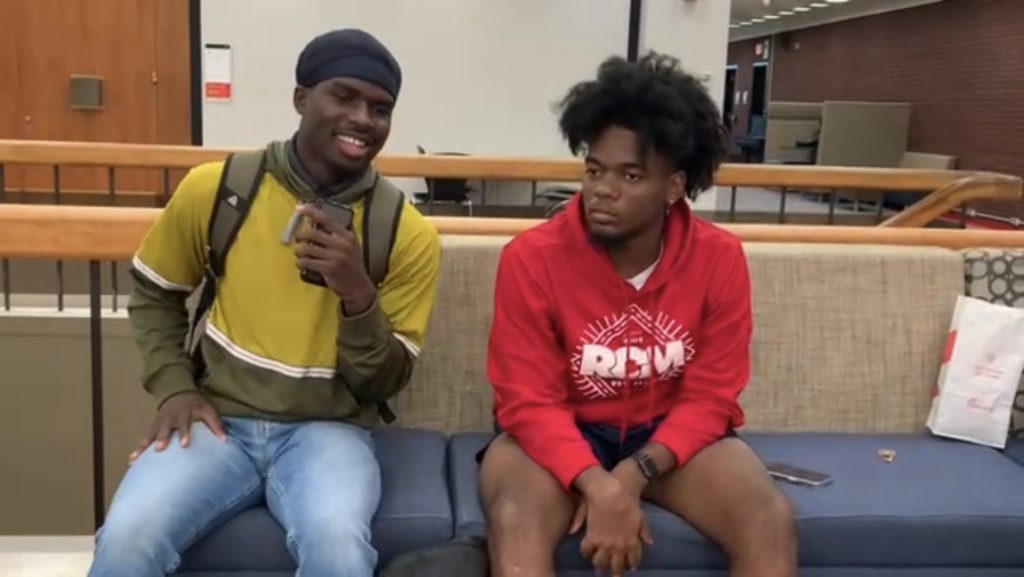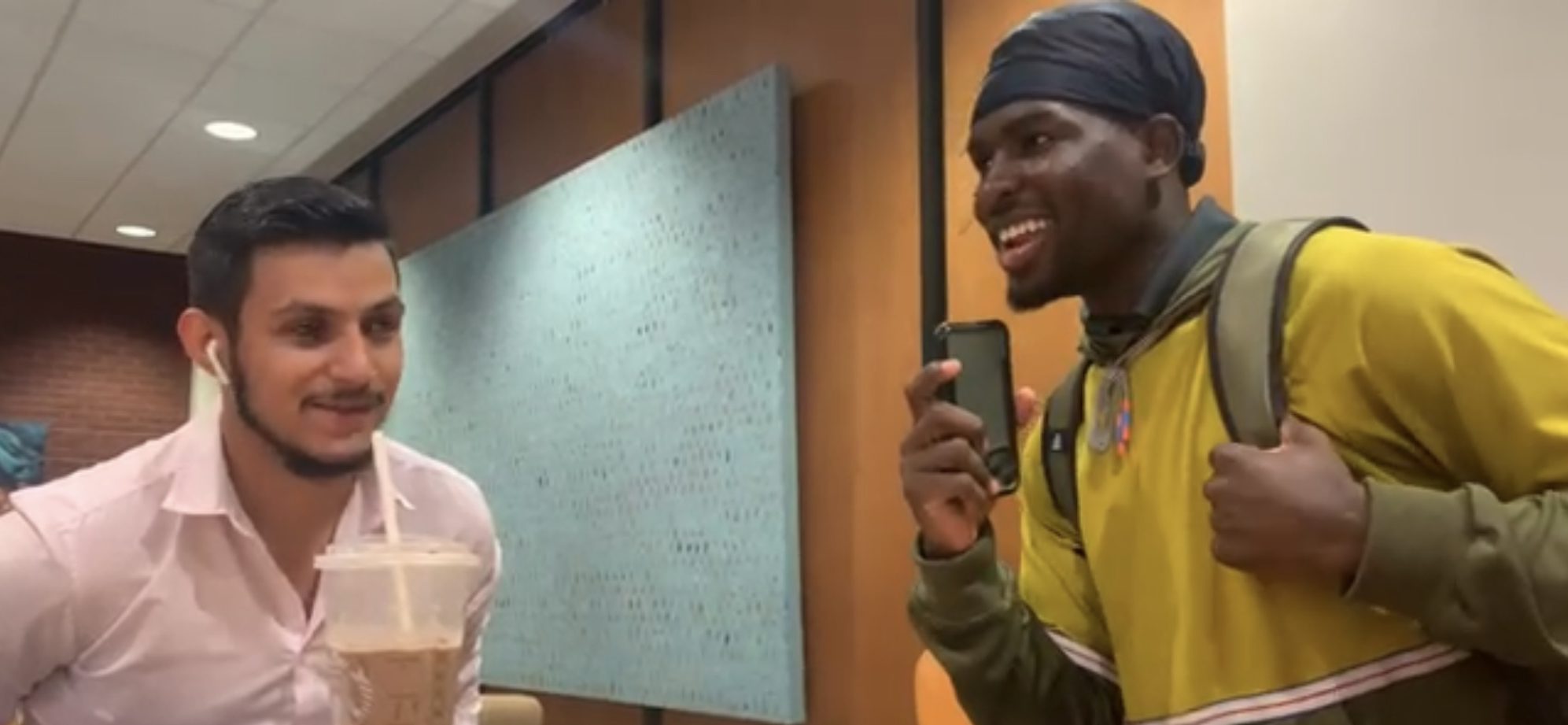I’d say that the planning stage was probably the most boring part to me when it came this whole process. I’m one who is always ready to jump into action and start doing a task. Although the planning stage might be the least fun, I came to see that it was the most important and crucial part to the success of our research and the interviews. Once we had figured out the direction we wanted to take our research (interviews), we were then faced with numerous challenges. We had to figure out what kind of students we wanted to target and why. We also had to figure out why and how these students contributed to our research. A hurdle we faced is the location we chose and how that affected our research. The most challenging thing we realized we had to figure out is our own lack of experience. Before we started with the actual interviews we had a practice interview session when we went around asking some simple questions and I think that helped us the most.

I was a little nervous at the beginning but once I started to interview more people it began to feel more natural. At first for time sake it was short questions followed with short answers, but I realize I wasn’t getting good information to go into our research. I then started to ask more interesting questions that made them think for a few seconds before answering. In the few minutes of my interviews I was able to build a small bond with the people that I interviewed, as well as making a comfortable space for them to speak freely. When it came to choosing who to interview, it was at a random pick because I was looking for how much information did SIUE students have on Climate change. Some other things that I included into my interviews is trying to educate the students on some of the things we are learning within our research group and spreading awareness.

There was a lot to take away from this experience. There was many things that I realized, like many of the people that we approach were willing to be apart of our research and in the video. My preconception was that I would face more rejection and that a lot less people would want to be apart of our videos. I saw many people with different point of views and learned many things. There is definitely a lot I have to work on, like making the conversation flow more smoothly etc.